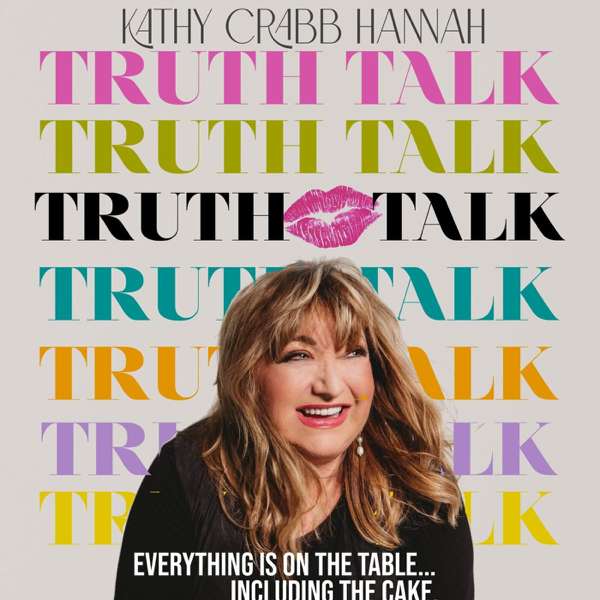Paolo Hewitt discusses his new book Colour Me Father – An Open Letter To My Son with Portobello Radio as well as London, Beatles, Mods, Oasis, music and much much more. www.paolohewitt.com
ON August 21st 2015 at 10.30 pm in an Archway hospital, my son Rafi Supino Arif came into my life. It was of course a momentous occasion, filled with all kinds of emotions. But as he started to grow, one thought kept repeating itself in my mind. Would I write about him or the experience of raising a son? The answer was always no. There was no handle for me to grab onto so I put it to one side. Until his first birthday. It was there that Rafi first heard applause and the look on his face hit something inside of me. Within a week I had begun writing Colour ne Father. Actually, to be truthful I had started writing a book called On the Dawn of Your First Smile, which I loved as a title but which in those Google days of ours would not work. I fell upon Colour Me Father, passed it by some friends and got the thumbs up.
After I had written about his birthday I then found myself writing about dreams and pigeons and Sister Patricia (May God rest her soul) and fatherhood and Wood Green and Robert De Niro, and it became apparent to me that I should let the words flow, just write what came to mind. I also saw that I was fulfilling a lifetime mission – that of paying homage, in my very very limited way, to a piece of literature that ranks as one of the finest in my mind – Oscar Wilde’s De Profundis. This is a letter that Oscar wrote to his boyfriend whilst serving his last year in Reading Gaol. (In the first year of his imprisonment the authorities refuse d to allow him to write and I think that one of the cruellest punishments ever heaped upon an artist.) During the writing of Colour I only read De Profundis. I would start it finish it, start again. My thinking was that if just one per cent of its quality rubbed off on my work, then I would stand a chance of producing something very worthwhile.
My writing process was quite simple. In the morning when walking Rafi to a nursery session, I would plot out the book in my mind. I would then put those idea into a small Dictaphone that I carry with me . Back home, I would write out those ideas and then on Saturdays I would head for the British Library where I would spend all day writing.
Sundays I would rest, Mondays the process would start again. One Saturday I was in the British Library and had just finished a passage when the thought forcefully occurred, that’s it, you are done, you are finished. Create an ending and then exit. You have said all you need to say. And as I advise Rafi in the book, in life always follow the heart not the head. That is what I did. I obeyed the thought my heart sent me. The book is short compared to others but it stops where it needs to stop. To carry on would have diluted its strength. I think it my best work to date. I hope you do as well.

 Our TOPPODCAST Picks
Our TOPPODCAST Picks  Stay Connected
Stay Connected







